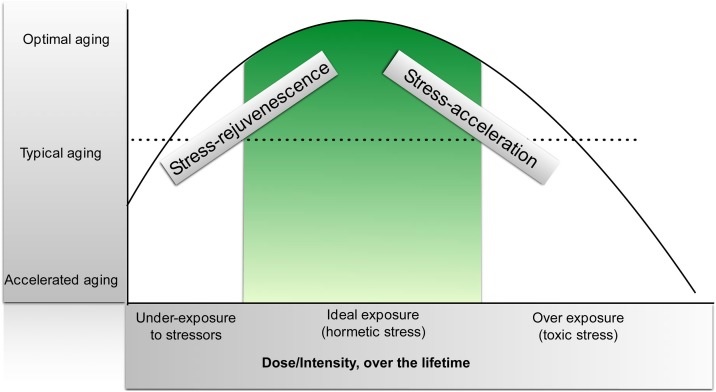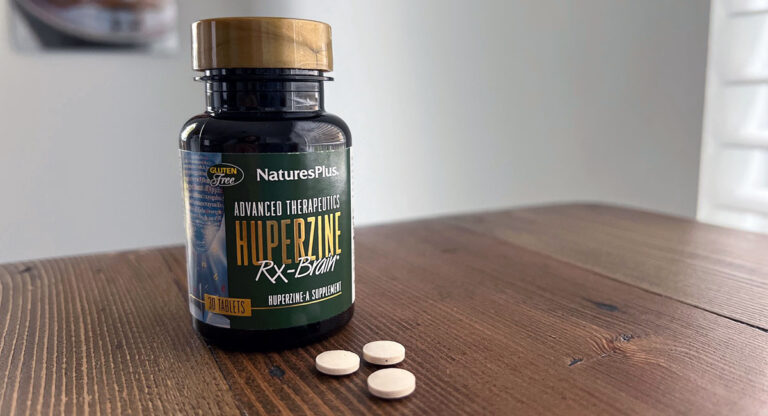
What is hormetic stress?
Links in some blog posts may earn a commission for The Brain Cleanup Coach.
Can stress be good for your brain and body?
There’s a lot of information and advice out there about managing stress for better health, both physically and mentally. It’s clear that chronic stress can have negative effects on both body and mind.
But there is a type of stress that can actually be beneficial, activating genes in your DNA that can lead to a longer life. Sounds pretty good right? Let’s explore this type of stress, and ways to induce it so you can actually use stress as a tool.
Hormesis
First, let’s define hormetic stress, or hormesis. This paper from the National Institutes of Health define it as “acute intermittent stressors of moderate intensity”. These are stressors that a lot of us are able to avoid nowadays, but used to be fairly common to experience. For example:
- cold exposure
- heat exposure
- starvation
- sun exposure
- adversity

(Image part of this publication)
Extreme Temperature exposure
There have been number of studies now showing what are called “shock” proteins being released in response to extreme temperature exposure. This is the kind of exposure you get during sauna use, or when taking a cold shower or ice bath. These proteins seem to mediate inflammation, leading to a beneficial effect after the initial stress of exposure. Seems like the Scandinavians figured something good out with their tradition of using a hot sauna and then jumping into a cold body of water as a method to relax. There’s a lot more going on biologically under the surface.
Fasting
Intermittent fasting, aka purposeful starvation, is also another method of creating acute stress that can also lead to positive effects. Fasting triggers autophagy, a process by which cells recycle and reuse other cells that are damaged and potentially harmful. You don’t need to take the fasting thing too far if you don’t want to. Even a fast of 14 hours (and yes, overnight hours spent sleeping count towards that total) can trigger benefits.
Sun exposure
That beautiful, bright giver of life in the sky can create some stress in our bodies. Sun rays are, after all, radiation. Nature has done it’s thing and given us the means to utilize what could otherwise be quite harmful, for good. And yet there is a bit of stress involved, because our cells do have to protect themselves from the rays of the sun. The proper exposure simply requires paying attention. You’ve probably been around long enough to know how long you can be in direct sun before you experience a sunburn. Just be reasonable here. Just like you would only tolerate a hot sauna or a ice bath for so long, pay attention to your skins tolerance to sunlight. The stress of sun exposure is what creates vitamin D, a nutrient and hormone vital to human health.
Adversity
Lastly, let’s address adversity. Choosing to face adversity in life is kind of like learning to walk as a baby, only your fear is developed. Making a choice to do something hard, and coach yourself through it, leads to resilience. It signals to your brain and body that you are stronger than you give yourself credit for, and you’re going to prove it. Some adversity we don’t have a choice about, but there are many challenges in life we can choose to face head on, or choose to hide from. But even the unexpected adversities give us the opportunity to shape meaning from the adversity. Recognizing that you have the agency to treat the experience like a piece of stone that you get to carve into whatever you want as you traverse the stress of the experience can have profound effects on your mental and physical health. Facing adversity can actually signal to your cells that you are vital, and are still required for problem solving in this chaotic world. It also challenges your creativity as you choose the think about what you will make it mean.
If you enjoyed this article you might also like:




